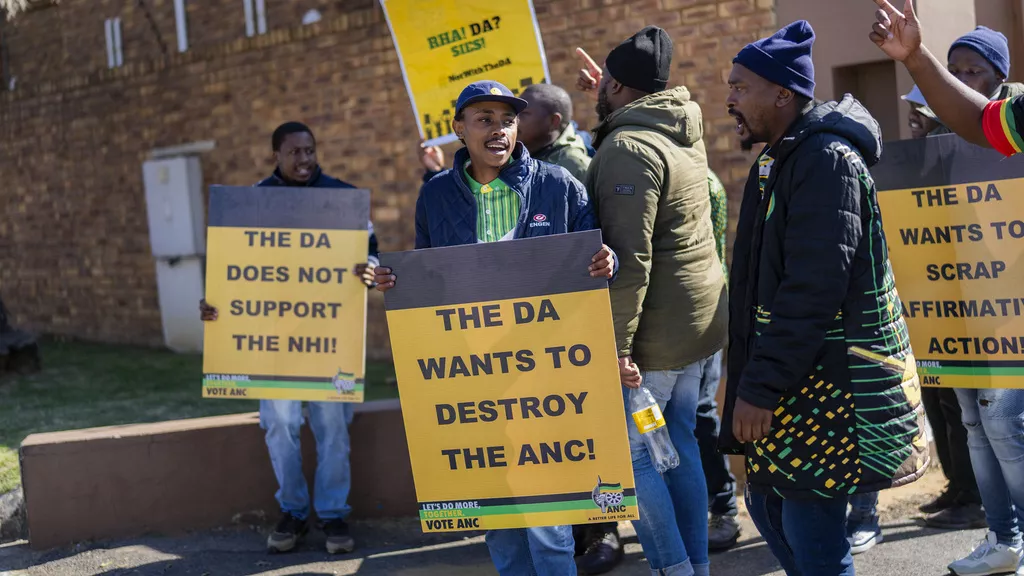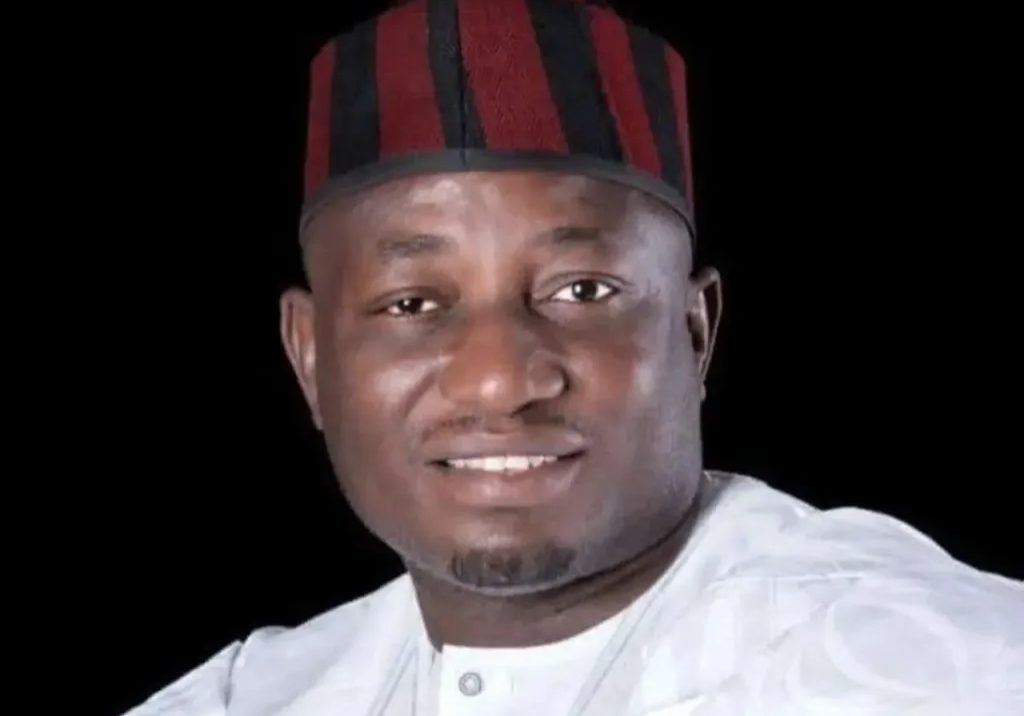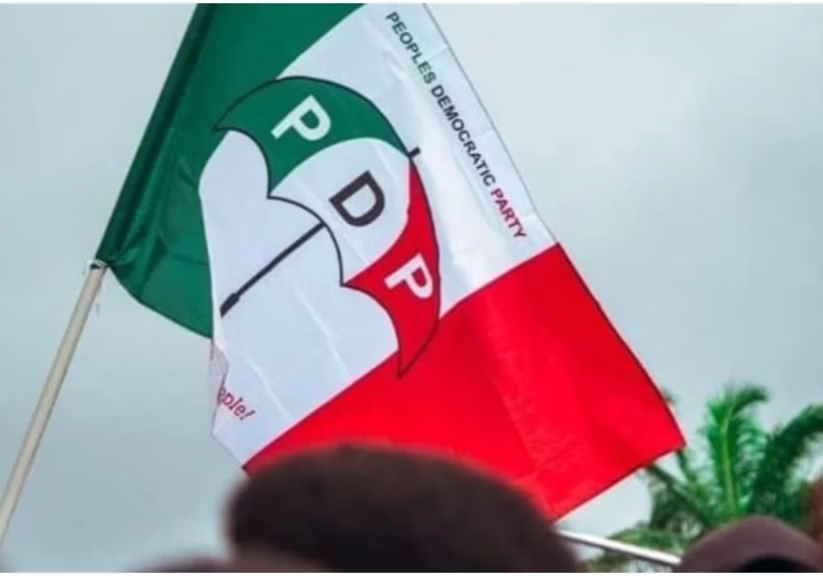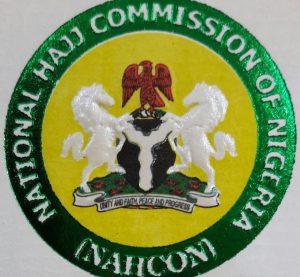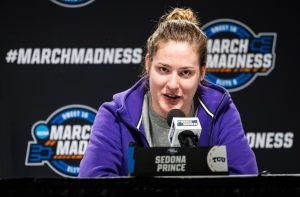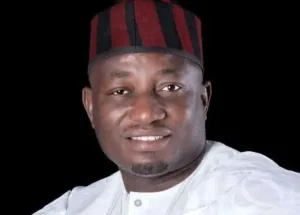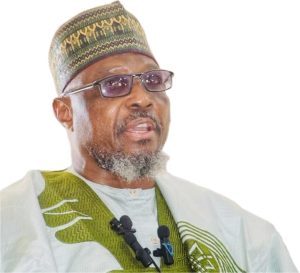South Africa’s parliament is set to elect a president on Friday, with major political parties still finalizing coalition deals that will determine whether Cyril Ramaphosa can secure a second term as president of Africa’s most industrialized economy.
The African National Congress (ANC), Ramaphosa’s party, announced it would hold a meeting of its top officials in Cape Town on Thursday evening, just 12 hours before Parliament convenes to begin the election process. This election follows a significant shift in the political landscape after the ANC lost its 30-year majority in an election two weeks ago, necessitating the formation of a coalition government.
Political Landscape and Coalition Talks
Since losing its parliamentary majority, the ANC has had to negotiate with other parties to form a coalition. Their priority is to re-elect Ramaphosa, but this will require support from additional lawmakers. No final coalition agreement has been announced, and any potential coalition must also be approved by the ANC’s internal leadership.
Election Procedure
In South Africa, the president is elected by parliamentarians after a general election. South Africans vote for parties, which are then allocated seats based on their share of the vote. These deputies elect the president. Historically, the ANC’s majority meant the party leader was automatically elected president. This time, however, Ramaphosa could face a contested election if other candidates are nominated, necessitating a vote where the ANC would need coalition partners to secure his re-election.
Coalition Puzzle Pieces
On Wednesday evening, the Inkatha Freedom Party (IFP) announced it would join the ANC’s proposed “national unity government,” supporting Ramaphosa for a second term. However, the IFP’s 17 seats in the 400-seat lower house are insufficient to form a majority with the ANC’s 159 seats. The Democratic Alliance (DA), the main opposition party with 87 seats, holds the key to a viable coalition. While the DA has expressed willingness to join a unity government, critical negotiations with the ANC are ongoing.
Opposition and Resistance
The far-left Economic Freedom Fighters (EFF) and former President Jacob Zuma’s new MK party have declared they will not join a unity government. MK’s 58 lawmakers plan to boycott Friday’s session, though this is not expected to impact the presidential vote, as the ANC alone holds enough seats to meet the quorum requirement.
Parliamentary Session
The chief justice will oversee the parliamentary session, where lawmakers will take their oaths before electing the president and vice president. Eighteen political parties are represented in this term of parliament, ranging from the ANC to smaller parties like the Pan African Congress of Azania, the GOOD party, and the United Africans Transformation party, each holding one seat.
As South Africa awaits the outcome of these critical coalition talks and the parliamentary vote, the future leadership and direction of the country hang in the balance.

